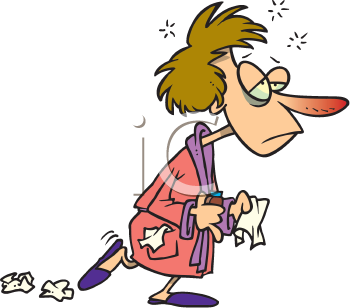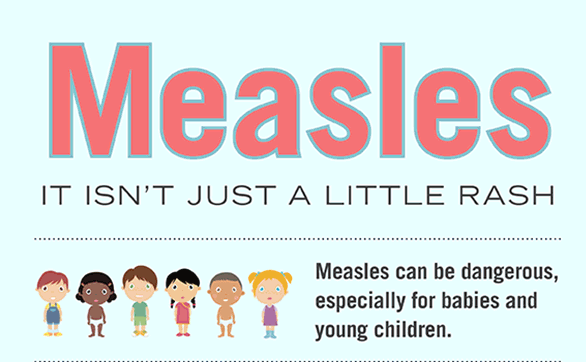
This year’s flu season has officially crossed the epidemic threshold, according to the Centers for Disease Control and Prevention. Fifteen children have died across the country from influenza, as the number of states reporting a “high” level of influenza activity jumped from 13 to 22 in one week.
The determination follows an earlier warning from the agency that this year’s flu season could be a severe one.
Officials have a couple of messages for those worried about the flu. Namely: if you’re not already vaccinated, do it. There are several strains of the flu circulating each year. So while this year’s vaccine batch might have a limited effect on the predominant strain, it could still protect against other strains.
Getting a flu shot can help you avoid illness
- CDC recommends a yearly flu vaccine as the first and most important step in protecting against flu viruses.
- While there are many different flu viruses, a flu vaccine protects against the three or four viruses that research suggests will be most common.
- Flu vaccination can reduce flu illnesses, doctors’ visits, and missed work and school due to flu, as well as prevent flu-related hospitalizations and deaths.Everyone 6 months of age and older should get a flu vaccine as soon as the current season’s vaccines are available.
What to do if you’re sick
- Flu-like symptoms include fever, cough, sore throat, runny or stuffy nose, body aches, headache, chills and fatigue. Some people also may have vomiting and diarrhea. People may be infected with the flu, and have respiratory symptoms without a fever.
- If you get the flu, antiviral drugs can treat your illness. Talk to your doctor and see your locally-owned pharmacy!
- Antiviral drugs are different from antibiotics. They are prescription medicines (pills, liquid or an inhaled powder) and are not available over-the-counter.
- Antiviral drugs can make illness milder and shorten the time you are sick. They may also prevent serious flu complications. For people with high risk factors, such as pregnant women, young children or elderly, treatment with an antiviral drug can mean the difference between having a milder illness versus a very serious illness that could result in a hospital stay.
- Studies show that flu antiviral drugs work best for treatment when they are started within 2 days of getting sick, but starting them later can still be helpful, especially if the sick person has a high-risk health or is very sick from the flu. Follow your doctor’s instructions for taking this drug.
People at high-risk for flu complications if they catch the virus include people 65 years and older, people of any age with certain chronic medical conditions (such as asthma, diabetes, or heart disease), pregnant women, and young children.
Preventing the Flu: Good Health Habits Can Help Stop Germs
The single best way to prevent seasonal flu is to get vaccinated each year, but good health habits like covering your cough and washing your hands often can help stop the spread of germs and prevent respiratory illnesses like the flu. There also are flu antiviral drugs that can be used to treat and prevent the flu.
1. Avoid close contact.
Avoid close contact with people who are sick. When you are sick, keep your distance from others to protect them from getting sick too.
2. Stay home when you are sick.
If possible, stay home from work, school, and errands when you are sick. You will help prevent others from catching your illness.

3. Cover your mouth and nose.
Cover your mouth and nose with a tissue when coughing or sneezing. It may prevent those around you from getting sick.
4. Clean your hands.
Washing your hands often will help protect you from germs. If soap and water are not available, use an alcohol-based hand rub.
5. Avoid touching your eyes, nose or mouth.
Germs are often spread when a person touches something that is contaminated with germs and then touches his or her eyes, nose, or mouth.
6. Practice other good health habits.
Clean and disinfect frequently touched surfaces at home, work or school, especially when someone is ill. Get plenty of sleep, be physically active, manage your stress, drink plenty of fluids, and eat nutritious food.
Related: More tips on stopping the spread of germs at home, work and school (CDC.gov)




Be the first to comment